My Naughty Little Sister: A Treasury Collection
Shirley Hughes and Dorothy Edwards
Book
An enchanting collection of stories about the most famous little sister in the world, with beautiful...
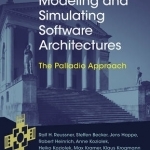
Modeling and Simulating Software Architectures: The Palladio Approach
Ralf H. Reussner, Steffen Becker, Jens Happe and Robert Heinrich
Book
Too often, software designers lack an understanding of the effect of design decisions on such...
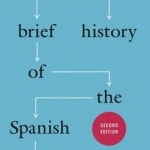
A Brief History of the Spanish Language
Book
Since its publication in 2007, A Brief History of the Spanish Language has become the leading...
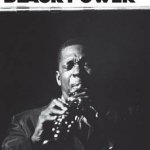
Free Jazz/Black Power
Philippe Carles, Jean-Louis Comolli and Gregory Pierrot
Book
For the first time in English, the classic volume that developed a radical new understanding of free...
Eleanor Luhar (47 KP) rated The Boy Who Fell To Earth in Books
Jun 24, 2019
Okay, it's nearly midnight and I need to be up early so I'm going to have to keep this one rather short.
Lette writes from the point of view of Lucy, who's son has been involved in a serious car accident. She recaps her time with him, telling us her story of love, loss and difficulty.
This novel is written in an honest voice, with sarcasm and humour on every page. It tells the tale of parenting, divorce, finding and losing love, and even coping with the world's way of dealing with special needs. Like I said, it's brutally honest and does not exclude any of the less favourable thoughts or feelings.
It is quite clear that this is aimed at an older generation of readers, but I must say that I did really enjoy it, far more than I anticipated. It isn't a fantasy or an action novel, and it does have a slightly cheesy happy ending, but I do think a lot of people will be pleasantly surprised by how easy this is to read.
If I was a bit older I would probably adore this, but as it is I can't say it's quite a favourite of mine. But I'm definitely happy to have read it, so 4 stars.
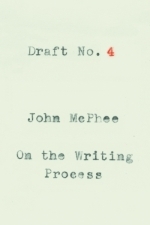
Draft No. 4: On the Writing Process
Book
The long-awaited guide to writing long-form nonfiction by the legendary author and teacher Draft...
Essays Writing
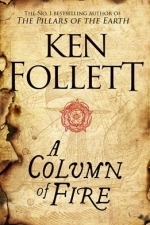
A Column of Fire
Book
The saga that has enthralled the millions of readers of The Pillars of the Earth and World Without...
Fiction
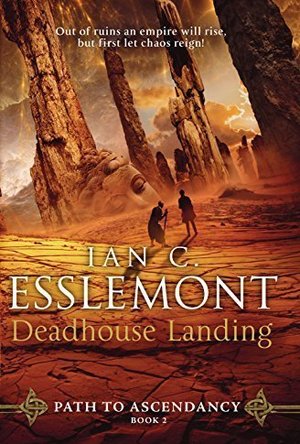
Deadhouse Landing
Book
Returning readers to the turbulent early history of what would become the Malazan Empire, the second...
Mark @ Carstairs Considers (2474 KP) rated Around the World in 80 Days in Books
Apr 11, 2022
I’d heard about this book for years and was finally inspired to read it. I found it mixed, at least to what I am used to these days. The journey itself is uneven, with some areas more prominently featured than others, like the time spent in America. My biggest problem was the characters, who are paper thin. As a result, it took me a while to really get invested. Unfortunately, the thinnest of the lot is the sole woman in the book. There are a couple of complications that today’s readers will view as dated stereotypes, but they were real issues the world was dealing with at the time (or at least one of them was something that happened consistently, unfortunately). I did get caught up in the story at times, and I appreciated how the climax was set up early on. I’m glad I’ve finally read it, but the end result was only average.

Between a Flock and a Hard Place
Book
Readers will flock to New York Times bestselling author Donna Andrews's next installment in the...


